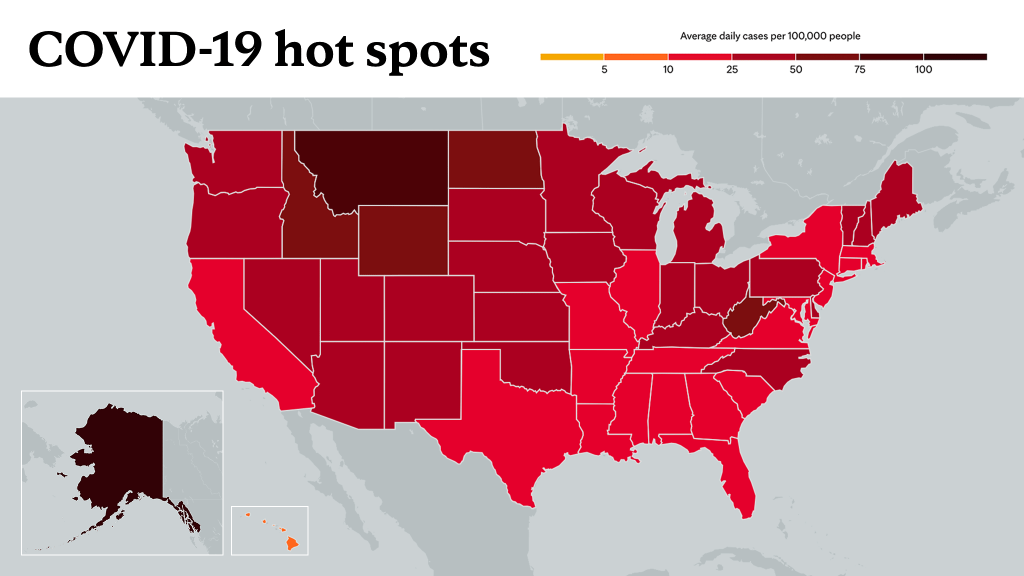If you are due for your annual breast cancer screening and vaccinations, including vaccinations for flu and COVID-19, you may want to consider timing to avoid any concerns. That's because some people can have swelling in their underarm where they receive the shot. That's a normal sign the vaccine is working. However, swelling could cause a false reading on a mammogram.
Dr. Kristin Robinson, a diagnostic radiologist at the Mayo Clinic's Breast Clinic explains why timing may help avoid false positives.
Watch: The Mayo Clinic Minute.
Journalists: Broadcast-quality video pkg (1:10) is in the downloads at the end of the post. Please courtesy: "Mayo Clinic News Network." Read the script.
Starting at age 40, Mayo Clinic encourages women to get their annual mammogram. The screening can detect irregularities in the breast, including swollen lymph nodes.
Swollen lymph nodes may indicate breast cancer ― or they may mean a vaccine is working.
"Vaccines affect the immune system. The whole idea is that they're generating an immune response so that your body can later recognize a certain virus or disease, and fight it in the future," Dr. Robinson says.
Lymph nodes are part of the body's immune system.
"The vaccine is working on the immune system," says Dr. Robinson. "Any vaccine really can cause lymph node swelling."
Is the swelling from the vaccine or a potential cancer? The solution, says Dr. Robinson, is timing.
"We would recommend having your mammogram and then have your vaccination. That way, we avoid any confusion or any possibility if the lymph nodes do swell, we wouldn't see that then on the mammogram."
If the timing doesn't work, and you need to get your vaccinations first, Dr. Robinson says it's OK, but don't delay your mammogram for long. "And just let your technician know what you've had done and when."
Related posts:
- "Mayo Clinic Minute: Why breast cancer screening is important."
- '"Mayo Clinic researchers advocate new approach to breast cancer prevention."
- "Mayo Clinic Minute: Determining if you have dense breasts."
For the safety of its patients, staff and visitors, Mayo Clinic has strict masking policies in place. Anyone shown without a mask was recorded prior to COVID-19 or recorded in an area not designated for patient care, where social distancing and other safety protocols were followed.
Information in this post was accurate at the time of its posting. Due to the fluid nature of the COVID-19 pandemic, scientific understanding, along with guidelines and recommendations, may have changed since the original publication date.
For more information and all your COVID-19 coverage, go to the Mayo Clinic News Network and mayoclinic.org.
Learn more about tracking COVID-19 and COVID-19 trends.








